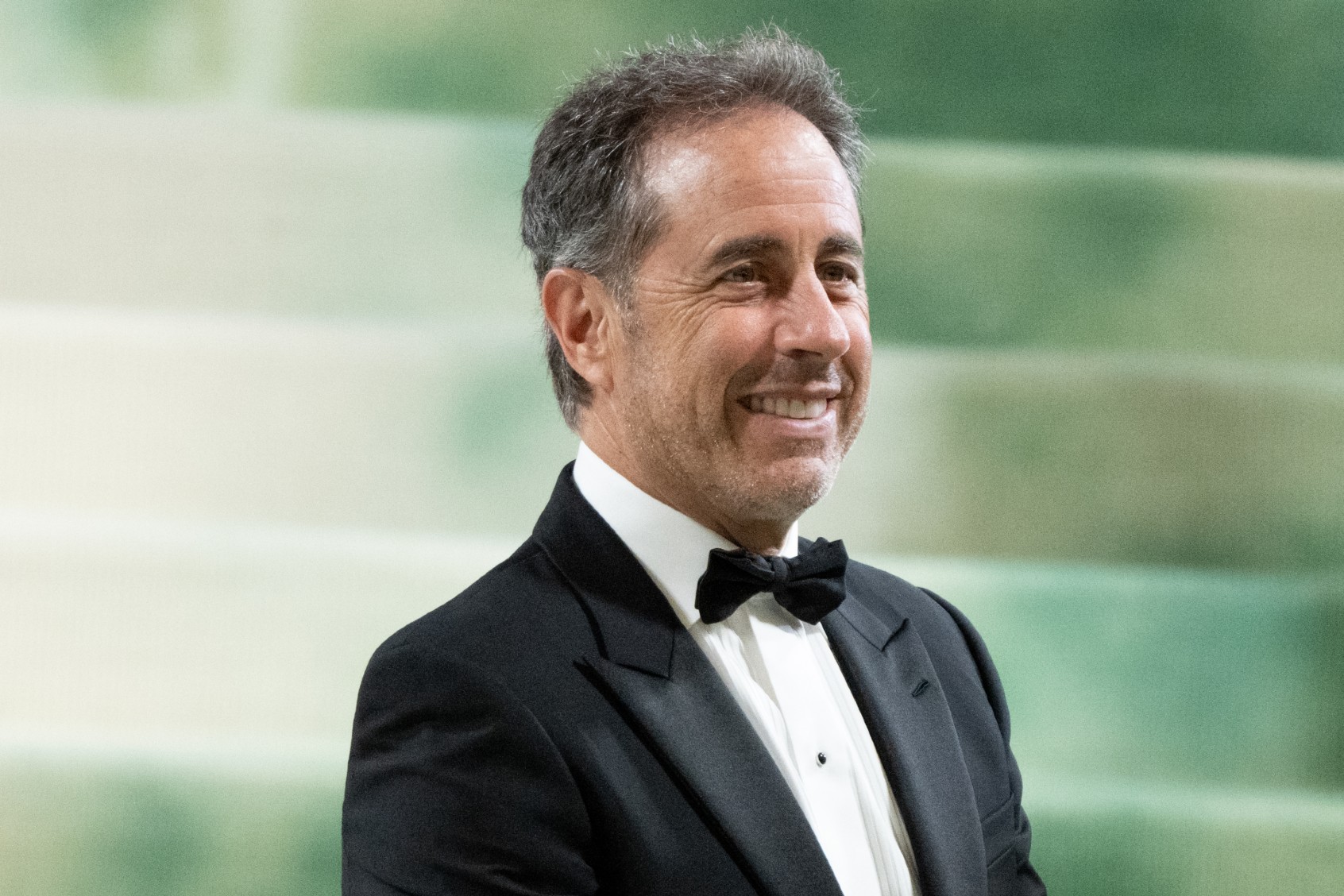Jerry Seinfeld, a warrior against cancel culture in comedy, says he misses “dominant masculinity,” despite acknowledging that he “get[s] the toxic thing.”
In an appearance on conservative commentator and journalist Bari Weiss’s podcast, Seinfeld said he “always wanted to be a real man,” citing examples of masculinity like JFK, Muhammad Ali, Sean Connery, and Howard Cosell after Weiss joked that she “didn’t ask [his] pronouns.”
The comedian concluded that he “never really grew up,” instead embracing the “childish pursuit” of comedy. The pair went on to discuss what they viewed as challenges plaguing comedy in the modern era.
On Weiss’s position that “censoriousness” had overtaken comedy, Seinfeld argued that “punching down,” or attacking someone in a position of less power, isn't real.
“Comedy is an extraordinarily simple binary outcome event. Is it funny? Or it isn’t. Nobody cares, really, about anything else,” the “Seinfeld” creator said. “What we really hate is when someone does something that’s not so funny, and we didn’t laugh, and now I’m gonna criticize it.”
The comedian, who delivered a commencement speech at Duke University’s graduation earlier this month, faced strong condemnation for his support for Israel from a group of students, who walked off in protest. He asked students who remained if it was “worth the sacrifice of occasional discomfort to have some laughs,” per the New York Times.
Further on in the chat with Weiss, Seinfeld also cited an “agreed-upon hierarchy” as a factor in his nostalgia for the early 1960s, in which his film "Unfrosted" takes place, chiding a broader equality as a source of discomfort in the modern era.
“Its [hierarchy] absolutely vaporized in today’s moment,” the comic said. “I think that is why people lean on the horn and drive in the crazy way that they drive, because we have no sense of hierarchy. And as humans, we don’t really feel comfortable like that.”
Seinfeld, who last month argued that TV comedy’s declining ratings had “the extreme left and PC c**p, and people worrying so much about offending other people,” to blame, released “Unfrosted” earlier this year to a 43% favorable rating on the site Rotten Tomatoes.

